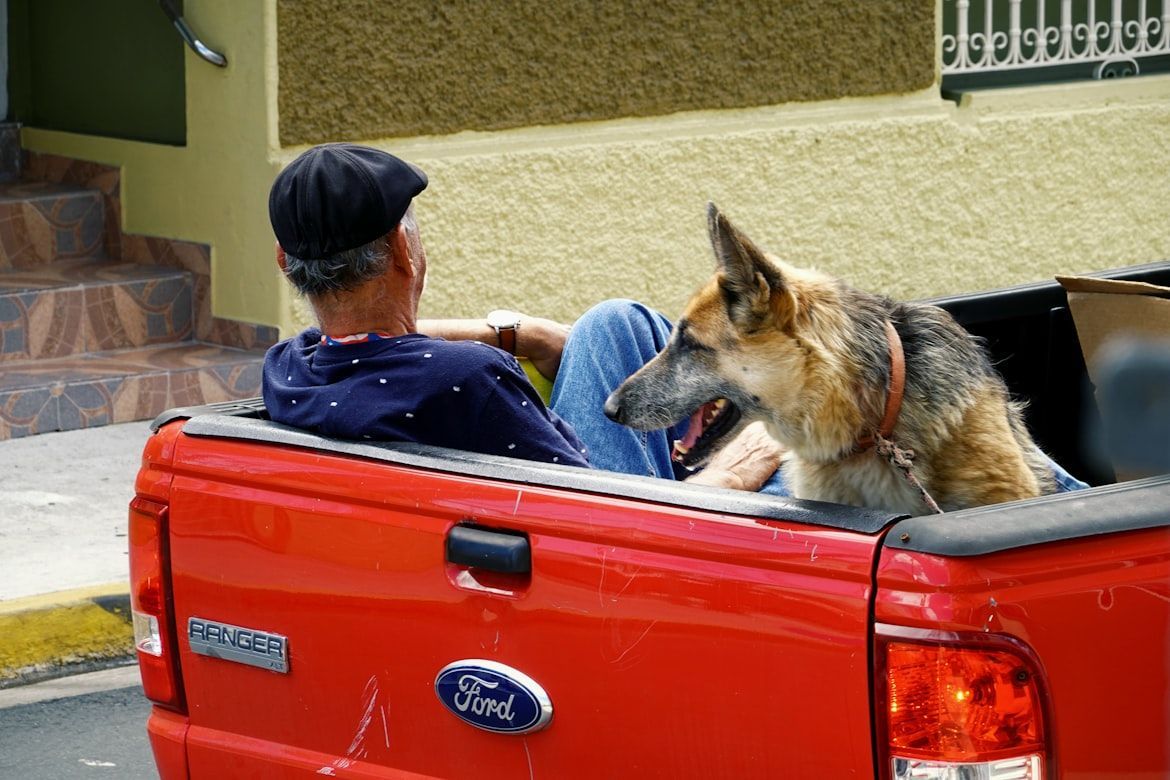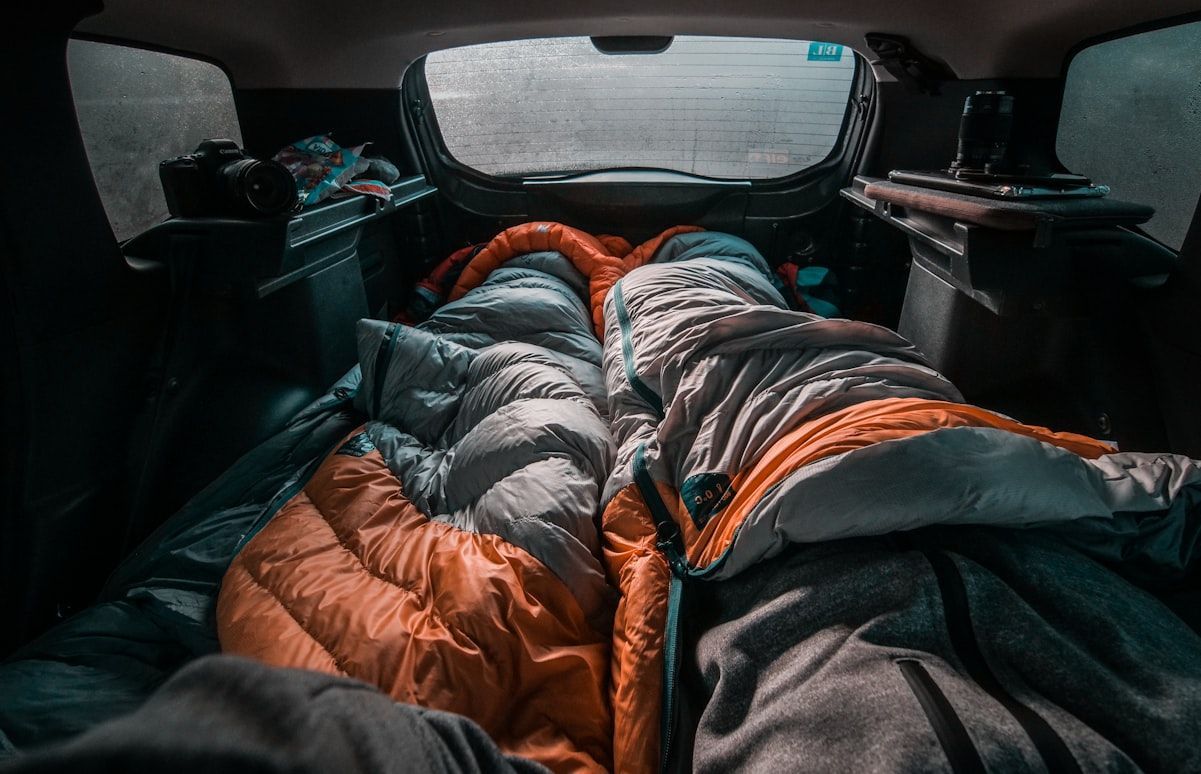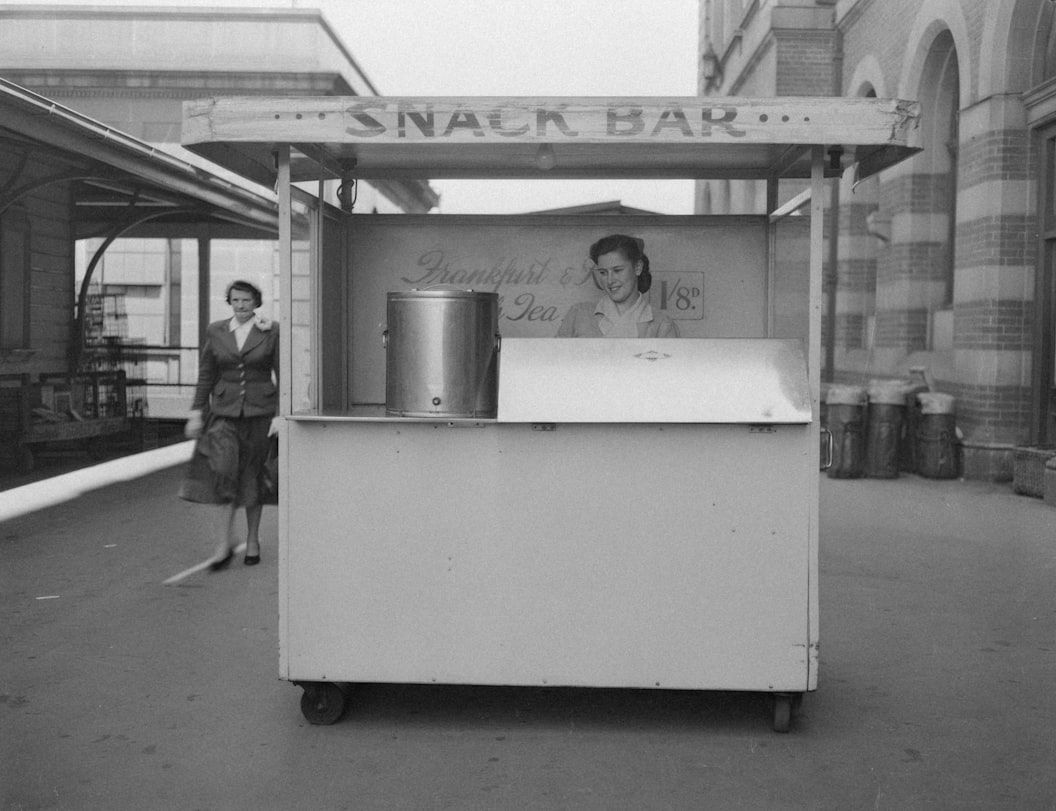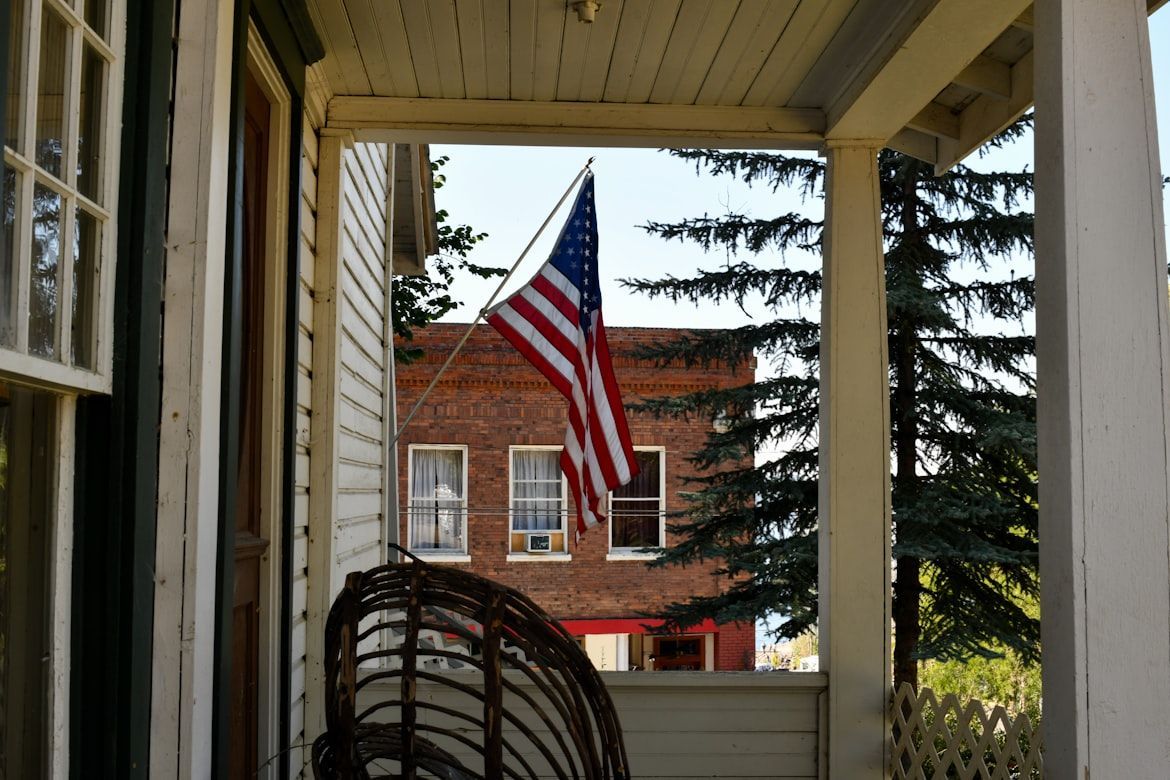Beyond the law
Wait… that's not illegal? 11 ‘crimes’ you didn't know are legal

Image: Jan van der Wolf
Sometimes we’re so accustomed to doing things a certain way that doing anything different feels illegal. But not every bit of "common sense" is backed by an actual law. Many widely accepted practices are merely norms or policies—not legislation. From driving barefoot to owning a flamethrower, here are 11 things you might think are illegal… but actually aren’t.
1
Driving barefoot

Image: Ashley Byrd
No federal or state law in the U.S. bans driving barefoot. Though sometimes discouraged for safety reasons, driving barefoot is legal in all 50 states (and in most countries worldwide as well).
While police might ask you to put your shoes on during a traffic stop, it’s merely a suggestion, not a legal requirement. In most modern cars, driving barefoot presents no significant safety risks, but it could affect insurance claims. If you’re involved in an accident while barefoot, you might face increased scrutiny from insurers.
2
Riding in the back of a pickup truck

Image: Richard Lu
This is a bit of a gray area. There is no federal law regulating the practice, but some states or local jurisdictions may impose restrictions, often including age limits.
In rural areas, most people won’t bat an eye if you ride in the bed. However, it can be considered a safety risk and may serve as an aggravating factor if you’re stopped for speeding or other traffic violations.
3
Cursing in public

Image: Kristina Flour
While it’s common courtesy not to go around hurling insults and profanity, the truth is no one can legally require you to stop if you are so inclined.
This is because profanity is generally protected speech. However, "generally" is doing some heavy lifting here, as depending on the context, it could be considered provocation or incitement to violence.
4
Sleeping in your car

Image: lucas Favre
It’s not illegal to sleep in your car unless local ordinances specifically prohibit it in certain areas, such as city streets or commercial lots.
Often, it has nothing to do with sleeping whatsoever, as in some places, all overnight parking at rest stops is prohibited or limited to just a few hours. Some Walmart lots might allow it, but that’s a private policy—not a law—and you should check with the local manager to be sure.
5
Eating while driving

Image: Dmitriy Frantsev
There’s no blanket law against eating while driving, though it can be considered a distraction. If it leads to unsafe driving, you could be cited.
Washington State’s distracted driving law bans holding electronic devices and allows extra fines for erratic driving caused by distractions , including eating or drinking . Some states, such as New Jersey, have considered banning it entirely, but most proposed laws are too vague to be enforced clearly.
6
Owning a flamethrower

Image: Tali Despins
Surprisingly, there’s no federal law in the U.S. that bans civilian flamethrower ownership. However, a few states do impose restrictions; California and Maryland have strict laws prohibiting or regulating them.
Some companies even market flamethrowers for agricultural use, like controlled burns or weed clearing. But misuse of a flamethrower can lead to serious legal charges—for instance, arson, reckless endangerment, or other criminal or civil liabilities.
7
Ignoring someone knocking at your door

Image: Aaron Burden
No law requires you to open your door to anyone, including police, unless they have a warrant.
If you're pulled over while driving or stopped on the street, you’re generally required to comply with police instructions. But if you're inside your home with the door closed—and ideally locked—you’re under no obligation to respond at all.
8
Selling homemade food without a license

Image: Museums of History New South Wales
Most states require permits or inspections to sell food commercially. However, many states have "cottage food laws" that allow limited sales of certain homemade goods without a license.
But if you scale up beyond small-batch home production, you’ll likely face a citation—and a hefty fine—from the authorities.
9
Backyard burials

Image: Jennifer Grismer
Believe it or not, there’s no federal law against burying human remains on private property. Many states allow it, provided you have the proper paperwork, such as a death certificate and burial permit. Local zoning laws may regulate factors like location, depth, and proximity to water sources or property lines.
Similarly, pet burials are generally permitted, but local ordinances can vary —so it’s important to check them first.
10
Using a fake name online

Image: Sander Sammy
Unless it’s used for fraud or to impersonate a real person, using an alias on social media or online forums isn’t a crime.
Some platforms may prohibit it in their terms of service, but that’s a civil matter—not a criminal one. Legal issues generally arise only if the alias is used to cause harm, deceive others, or commit financial fraud.
11
Flying the U.S. flag at night without lighting

Image: Shelley Pauls
The U.S. Flag Code suggests that the flag should be illuminated if flown at night, but this is just a general guideline, not a legally enforceable law.
Stricter requirements may apply to government buildings, but for private citizens, the code is purely advisory and symbolic.



























